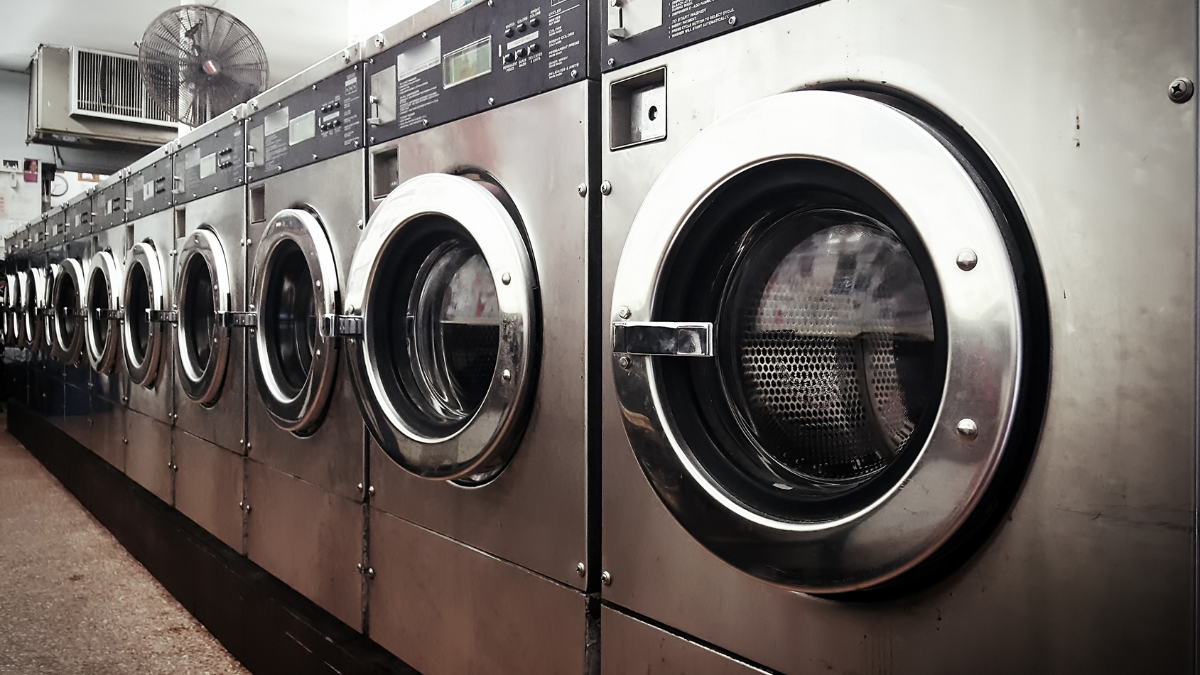The Florida Supreme Court sided with Gov. Ron DeSantis on Thursday in a legal dispute over restoring voting rights to felons with unpaid fines — one of many clashes over the ballot box in a state that will play a crucial role in this year's presidential elections.
The court's advisory opinion — requested by the Republican governor last year — has no immediate legal consequence, but could influence federal judges weighing legal wranglings over the voter-approved ballot measure known as Amendment 4.
In a separate opinion, the court found no reason to prevent a measure from going to voters that would tweak the state's constitution to specify that “only a citizen” of the United States can vote in the Florida. A conservative group friendly to President Trump is seeking the change from the current citizenship requirement stating that “every citizen” who is qualified to register can vote.
In a politically crucial state like Florida, ballot-box access has spawned numerous battles across numerous arenas.
At the time Amendment 4 was ratified overwhelmingly by voters in November 2018, proponents said it would give voting rights back to about 1.4 million felons who have completed their prison terms.
In its advisory opinion, the court said only that only felons who have fully completed their sentences can regain access to the ballot box. And the court agreed that this means all outstanding legal financial obligations, which it referred to as LFOs, must have been satisfied.
“The answer to the Governor’s question largely turns on whether ‘all terms of sentence’ encompasses all obligations or only durational periods," the court wrote. “We conclude that the phrase, when read and understood in context, plainly refers to obligations and includes ‘all’ — not some — LFOs imposed in conjunction with an adjudication of guilt.”
Local
Advocates for restoring the rights have argued that felons merely had to serve their prison sentences before becoming eligible, and not finish paying court imposed fines, restitution or other legal fees.
Voter rights advocacy groups have sued the state in federal court, but a trial is not expected until spring, likely delaying any resolution until after the 2020 elections.
To possibly bolster his case, the governor sought the advisory opinion from the high court. The governor, however, did not ask the state’s justices to determine the constitutionality of the legislatively enacted law. Instead, the governor asked the court to make a determination as to the meaning of a key phrase in the voter-approved measure known as Amendment 4.
Soon after the amendment's passage, the Republican-controlled Legislature stipulated that to complete sentences, felons must pay all fines and fees before getting their voting rights restored.
Voting rights groups sued in federal court immediately after DeSantis signed the GOP bill into law, likening the financial requirements to an illegal barrier for people who can't afford to pay.
“By holding Floridians’ right to vote hostage, the Florida Supreme Court is permitting the unconstitutional modern-day poll tax," said Nancy Abudu, the deputy legal director for the Southern Poverty Law Center.
The center represent several felons who sued the state to regain their voting rights.
In its advisory opinion, the justices noted that some Amendment 4 proponents had previously represented the measure differently as they are now — and had agreed that a completed sentence also meant satisfying all financial obligations.
The justices said voters would have understood the phrase to refer “not only to durational periods but also to all LFOs imposed in conjunction with an adjudication of guilt."
While Justice Jorge Labarga concurred with the resulting opinion, he disagreed with the majority’s conclusion that the phrase “all terms of sentence,” as used in Amendment 4, would have been understood by voters to include unpaid fines and other legal financial obligations.



